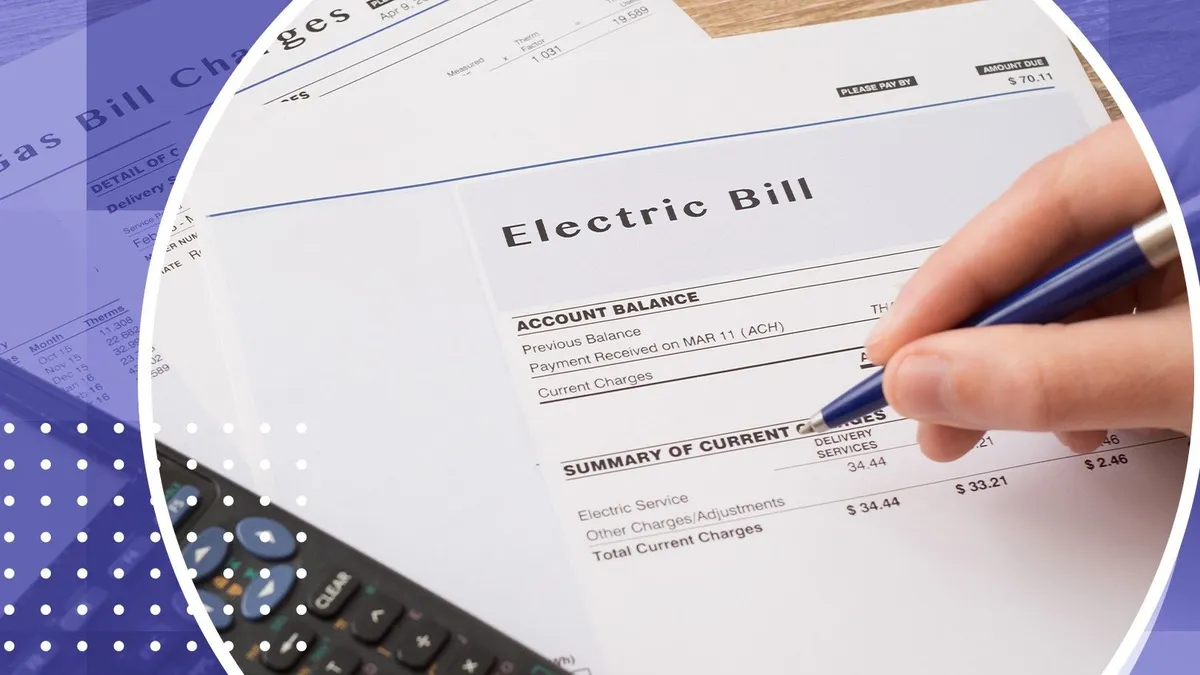The following is a contributed article by Penni Conner, Chief Customer Officer and Senior Vice President at Eversource Energy and Charlie Harak, an attorney at the National Consumer Law Center focusing on energy and utility issues for low-income households.
If there is one thing that we are as equally passionate about as a utility executive and consumer advocate, it is our unwavering commitment to customers. Though we may come from different perspectives at times, we share a commitment to finding innovative solutions that lower costs and help ensure that utility customers have the power they need.
That's why during this uncertain time when many people are facing financial hardship, we're working together to promote Arrearage Management Programs (AMPs) — a caring and cost-effective tool to help those who fall behind on their utility bills.
The COVID-19 pandemic is taking a devastating toll on human life and health around the globe while also wreaking social and economic havoc. With record-high unemployment claims over the last two months in states across the country, workers in nearly every sector of our economy face continued uncertainty about their future.
Those in the service economy are particularly hard hit, but millions of American households from all walks of life are struggling as well. Rent, mortgage, credit card, student loans and other financial obligations are all going unpaid. With companies like Eversource taking the proactive step to suspend customer disconnections for nonpayment at the beginning of the pandemic, and most states since declaring such moratoriums on the termination of utility service, households in large numbers are failing to pay their utility bills in particular.
While most customers are not at immediate risk of losing service, now is the time that more regulators and utilities should consider AMPs as a tool that can help support families struggling to pay their utility bills while helping to encourage those customers to reengage in regular payment behavior. The model is simple — as a reward for customers paying bills for current usage each month, the utility company erases a fixed portion of the past due amount a customer owes.
The industry's most common program asks the customer each month to pay 1/12 of its estimated annual usage while the utility erases a corresponding 1/12 of the customer's total past due amount. If the customer makes 12 timely monthly payments, the arrearage is eliminated, the bill is more affordable, and the company has a customer who has learned to effectively manage their budget to pay utility bills on time.
As an important added feature, utilities can also subtract any expected fuel assistance or other third-party payments from the total amount owed to lower the customer's monthly payment.
Ten states across the country have some type of AMP in practice and are experiencing the benefits.
In jurisdictions where AMPs have been in place for years, AMPs add just about 1% to the cost of ratepayer bills, with those apparent costs mitigated by the requirement that the customer pay all of the current bill each month. Because all customers' bills go up when other people can't afford to pay their own, ensuring that those customers make regular payments in turn benefits all customers.
They've proven so successful elsewhere that in the current environment, Massachusetts utilities are even considering offering AMPs to their small business customers, whose payments have fallen off more sharply than residential account payments. And the Connecticut Public Utilities Regulatory Authority has established a COVID-19 AMP for commercial and industrial customers that waives fees, down-payments and interest.
These programs can be particularly useful when current utility shut-off moratoriums expire, especially for recently unemployed people who, we hope, start going back to work as our economy reopens. The National Consumer Law Center estimates the residential electric sector alone may see a total increase in past due bills of more than $15 billion by early summer given the rate already seen in non-payment by residential customers.
If companies cannot provide some incentive for those returning to work to catch up on unpaid bills, those customers may simply give up hope that making small payments will avoid termination of vital utility service. A true win-win for customers and utility companies alike, AMPs are the right thing to do.














